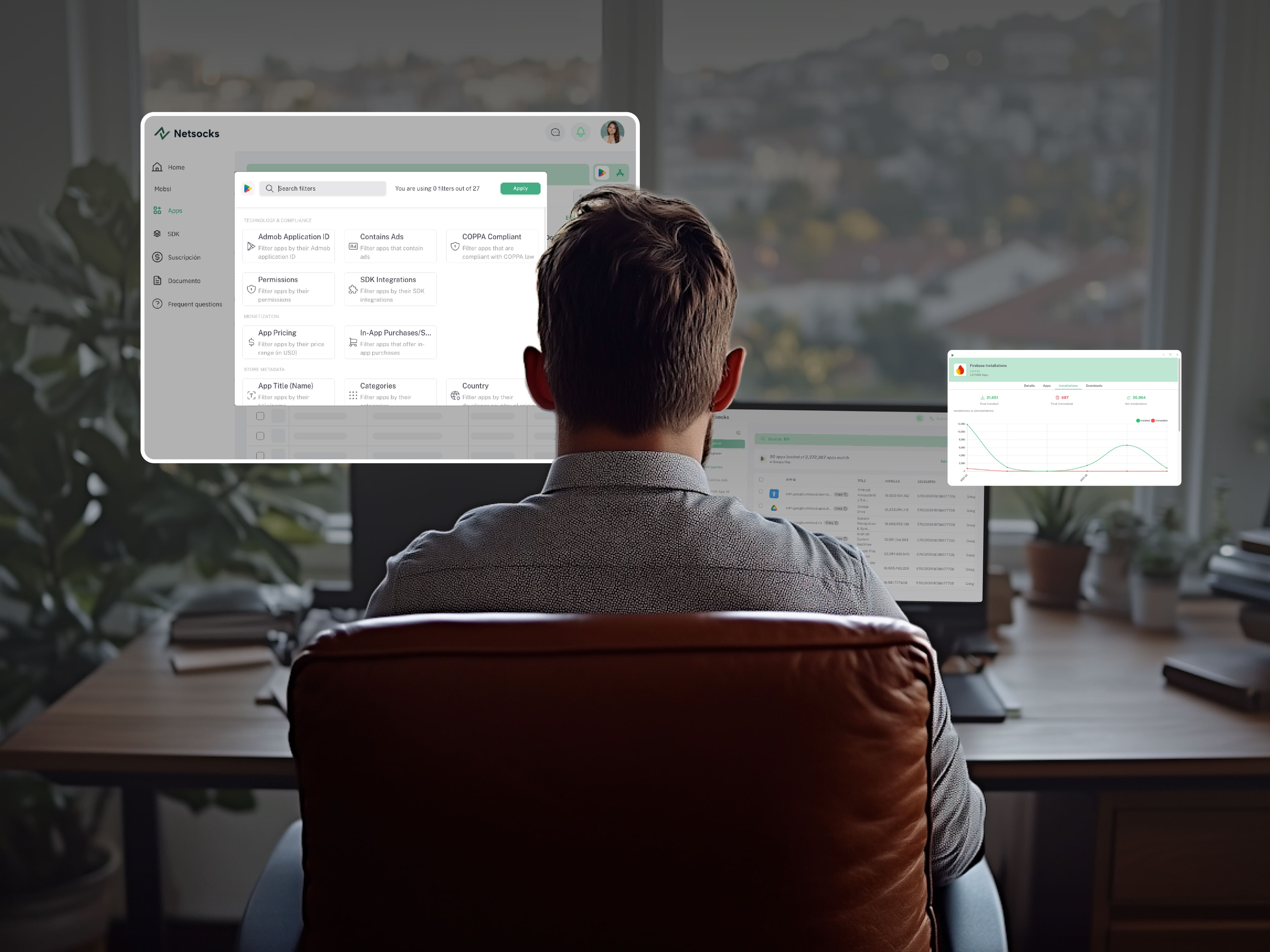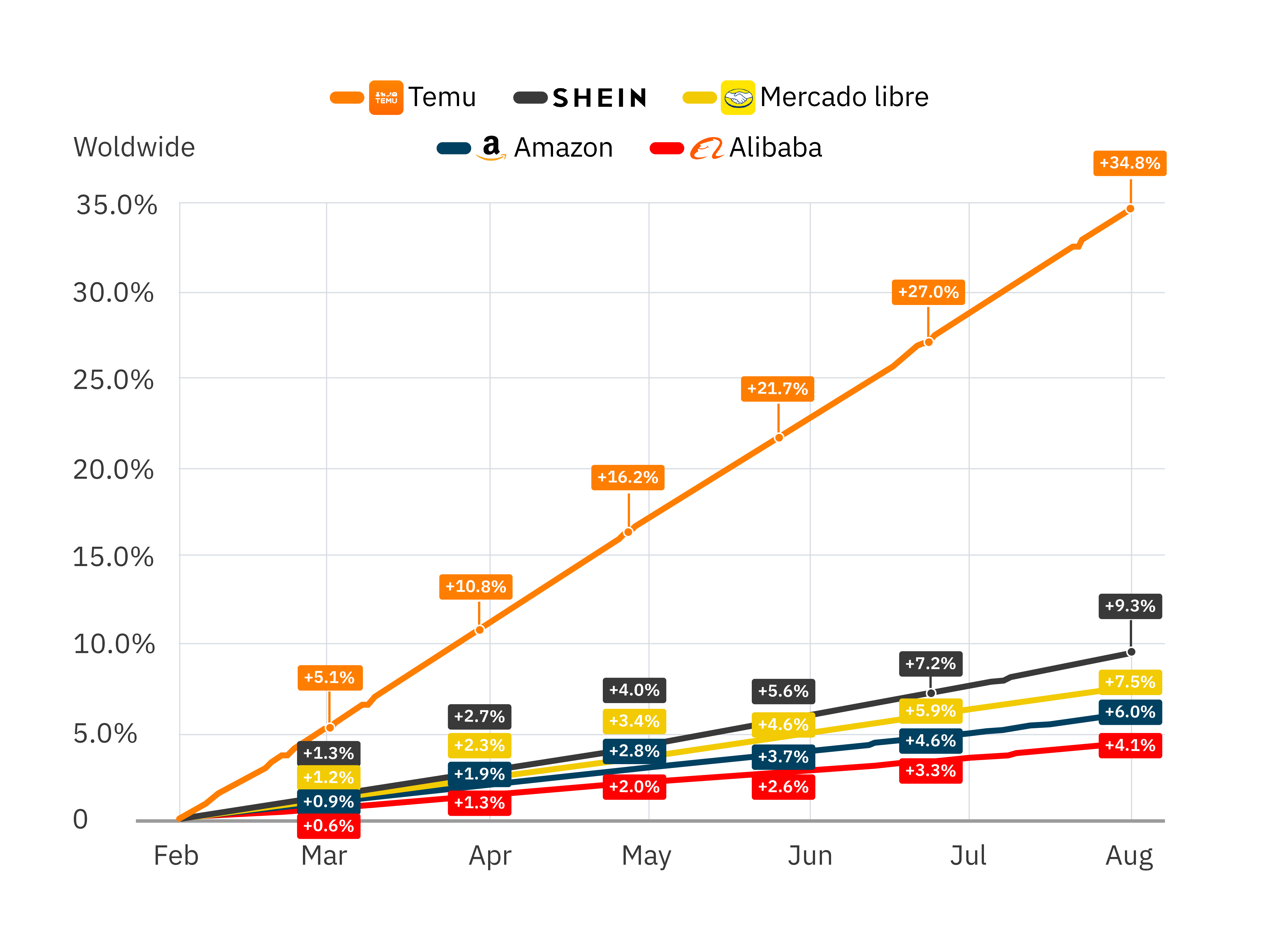
If you're looking to protect your privacy and security online, both VPNs and proxies can help mask your IP address and disguise your internet traffic. However, each technology has its own advantages and disadvantages, and the best choice depends on your specific requirements.
What is a VPN?
A VPN (Virtual Private Network) encrypts your internet traffic and routes it through a remote server. By doing this:
- Your real IP address is hidden, preventing websites and services from identifying your location or personal information.
- You can access geo-blocked content securely.
- It adds a layer of protection on public Wi-Fi networks.
Read More: Learn how a VPN can enhance your online experience in our VPN Guide for Beginners.
What is a Proxy?
A proxy server acts as an intermediary between your device and the internet:
- Your IP address is hidden, but your traffic is not encrypted.
- Proxies can help access geo-blocked content and may improve internet speeds in certain situations.
VPN vs. Proxy: What’s the Difference?
Which One Should You Choose?
- Choose a VPN if:
- You need encryption to secure sensitive data.
- You’re working on public Wi-Fi networks.
- You want comprehensive online privacy and security.
- Choose a Proxy if:
- You only need to mask your IP address.
- You’re looking for a cost-effective solution for light tasks like accessing blocked websites.
Want to compare the best VPNs and proxies? Check out our Proxy and VPN Comparison Tool.
Get Started Safely
Whether you choose a VPN or a proxy, make sure it aligns with your goals for online privacy and security. Want to stay informed?
📧 Subscribe to our newsletter for tips, updates, and guides on using these tools effectively.



.png)

.png)

